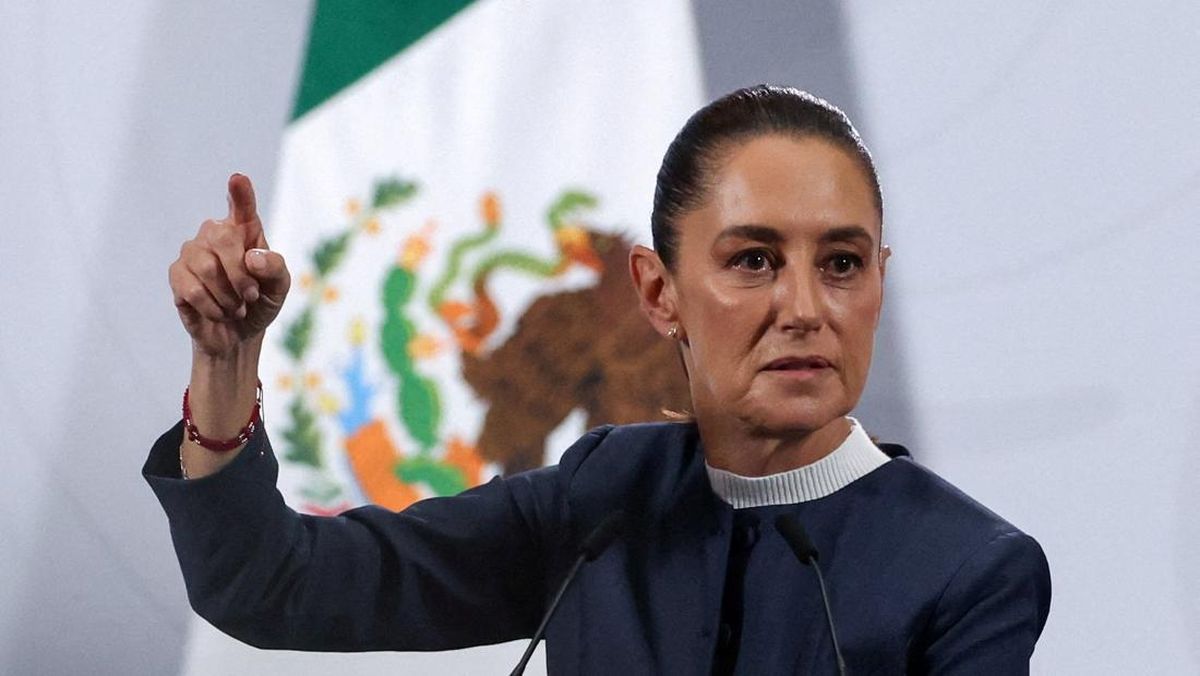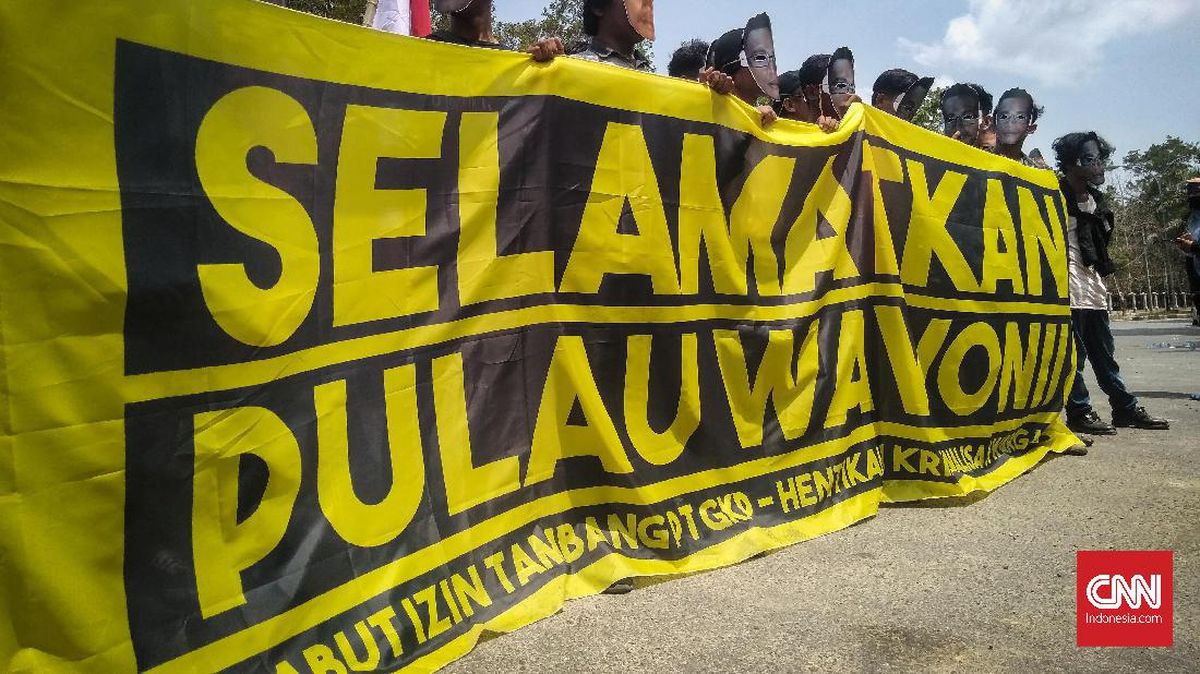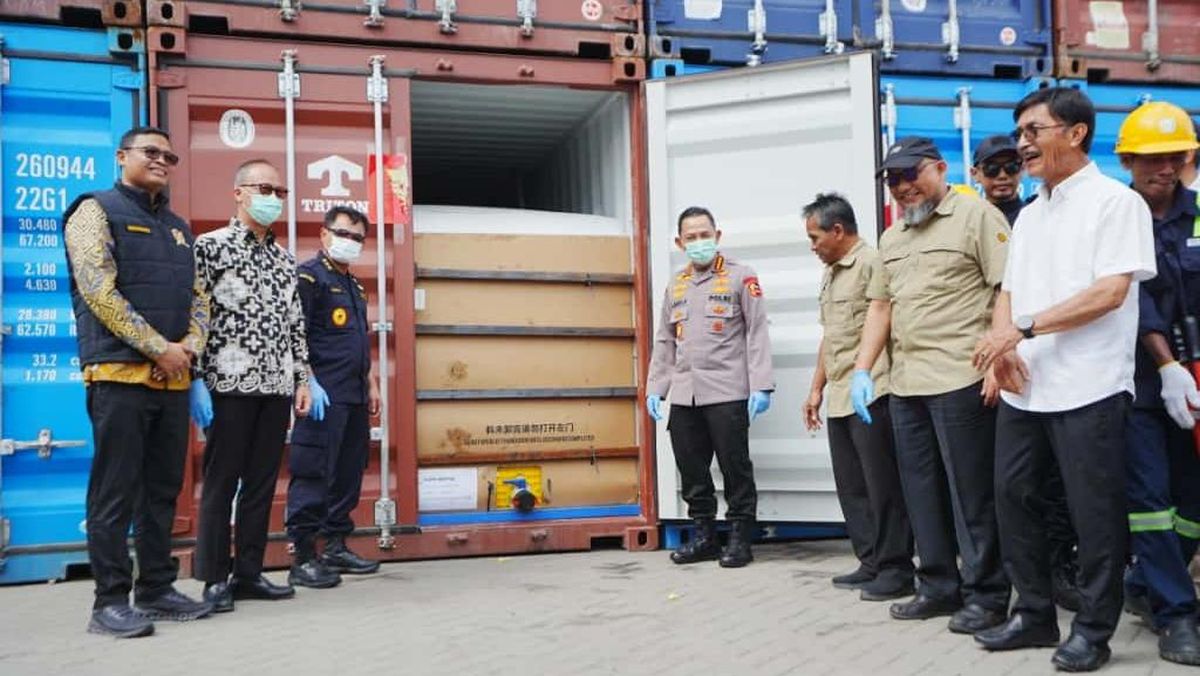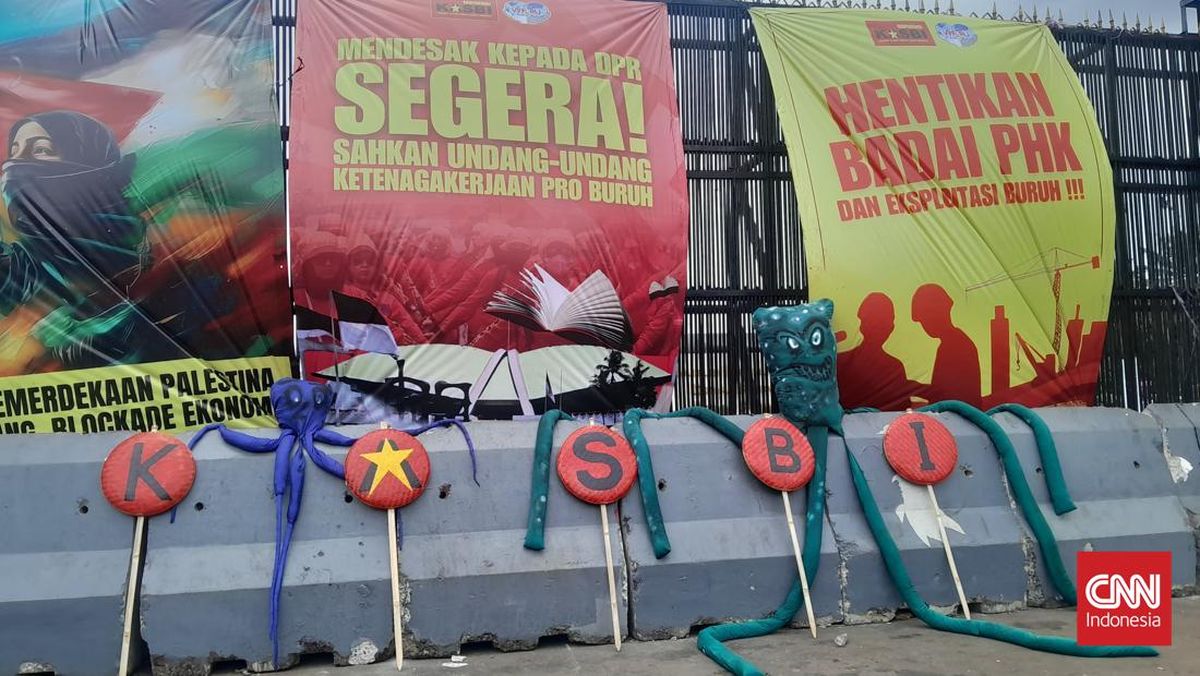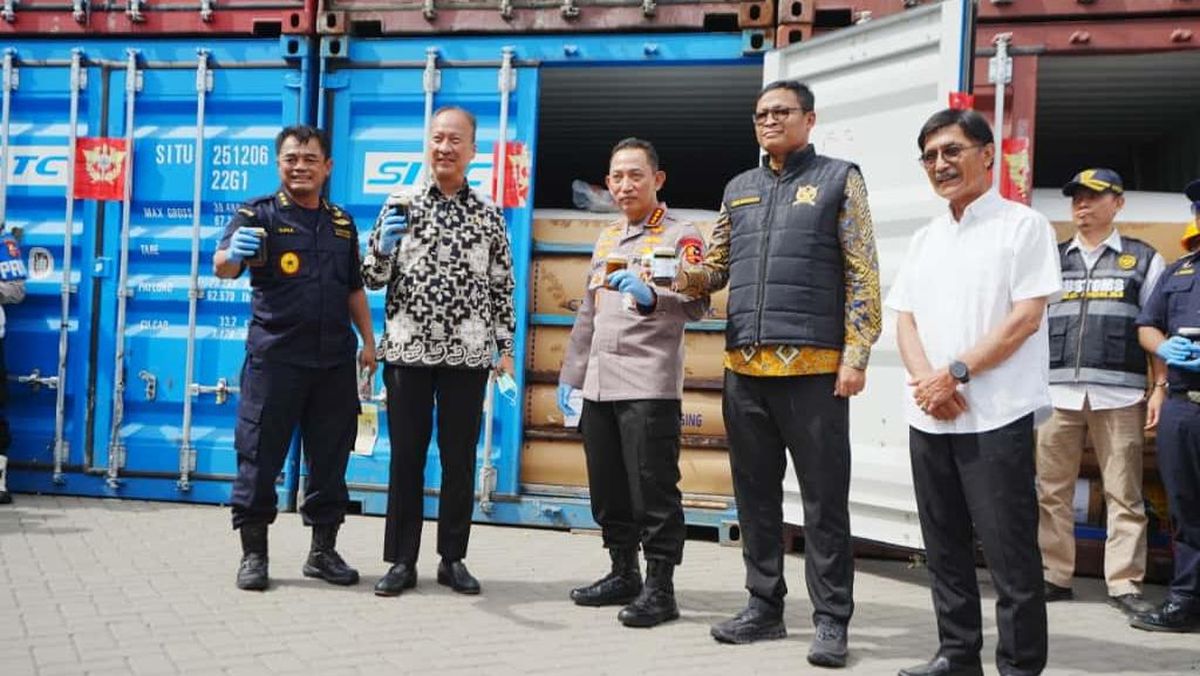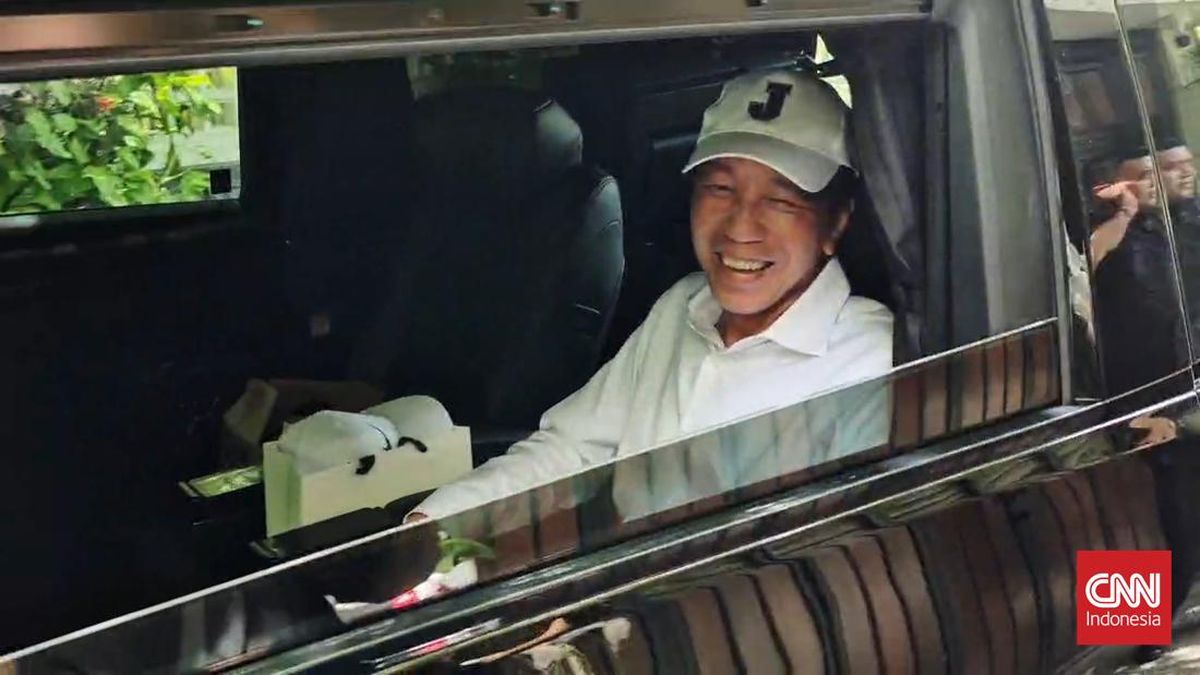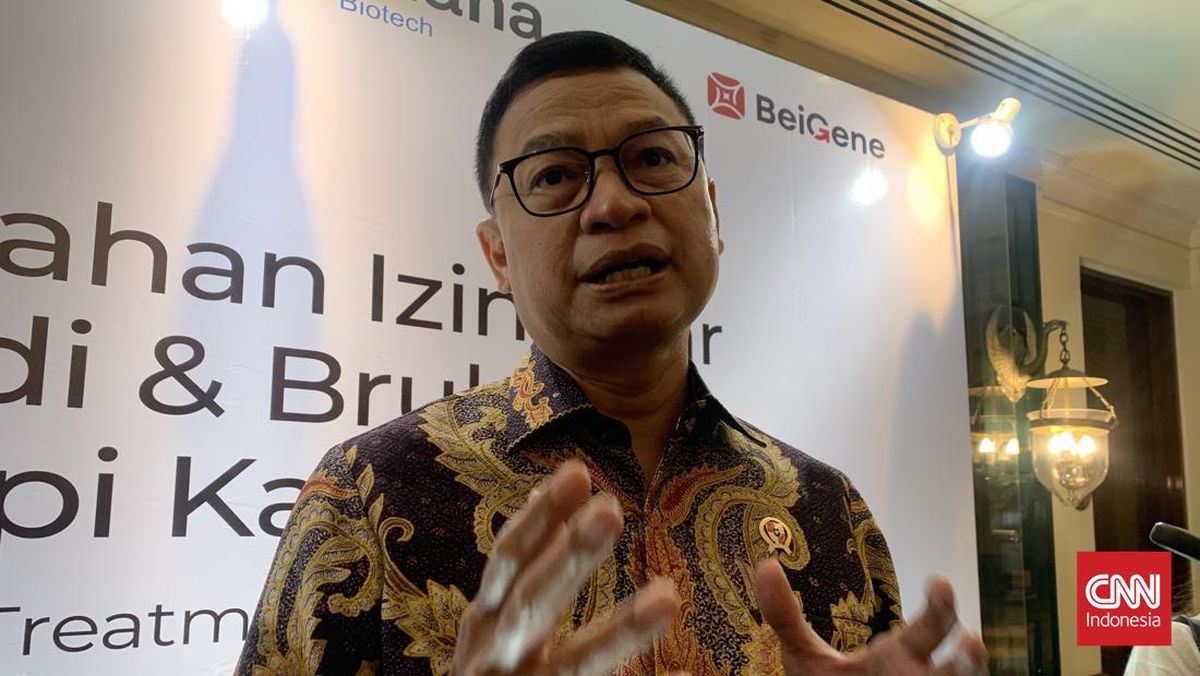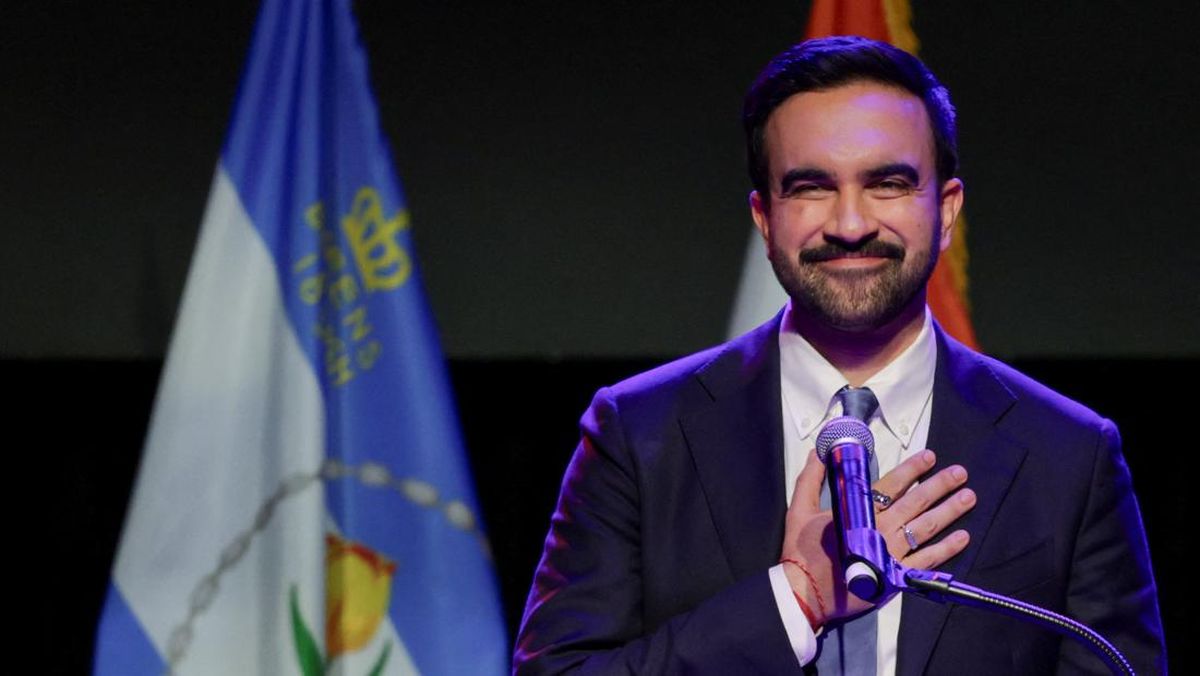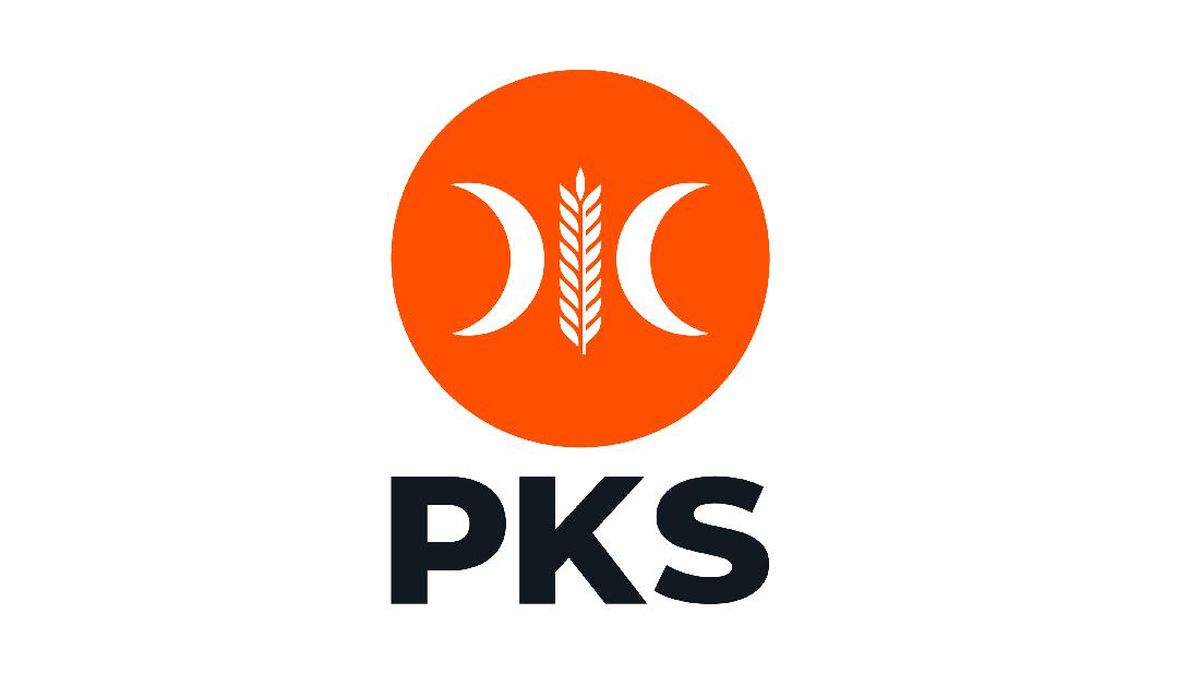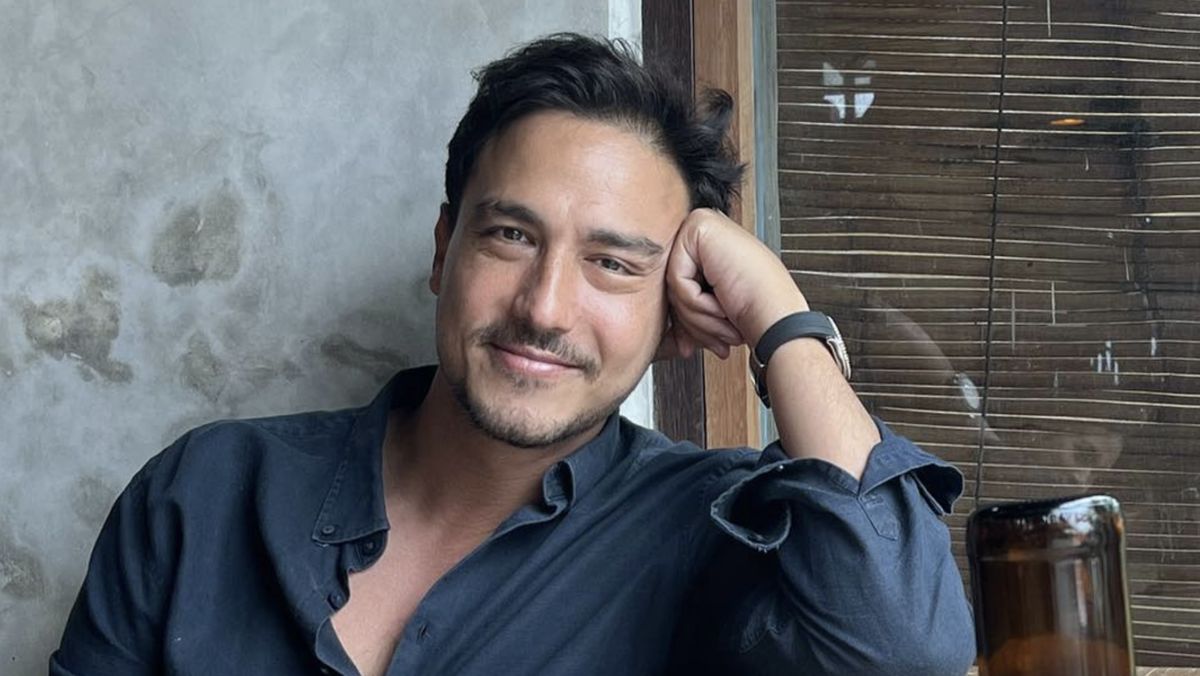Diagnosing Murder, Episode 4, is available now. Click here to listen.
Can a medical opinion ever deliver the kind of certainty a criminal court needs?
Doctors, lawyers and scientists interviewed by the podcast Diagnosing Murder say there is too much doubt in medicine – too much we don’t know – to provide evidence beyond reasonable doubt in many cases. But one contested medical theory, known as shaken baby syndrome, has for decades given prosecutors so much of what they need to convict someone.

“Kabir”, pictured in his home, told his story to the podcast Diagnosing Murder.Credit: Josh Robenstone
The result, for some families, is devastating. In the podcast’s final episode, Episode 4, released at the weekend, we explore the dramatic conclusion of one such case. And we try to pinpoint how many cases Australia has seen. Officials say they’re not keeping track, but an unlikely duo is working hard to find out.
They don’t pretend their list is comprehensive, but it’s already long.
“We have a marker there that says, let’s stop at 250 before we go mad. But I think we just can’t stop,” says Kaneal Lindsay, whose brother is serving a prison sentence for murder.
“We’ve even added, just last week, another two cases – new cases,” says Lisa Vinaccia, whose son Jesse will soon be released from prison after serving his prison sentence for child homicide.
Click the player below to listen to the full final episode of Diagnosing Murder, or click here.
EPISODE OMNY EMBED
But how sound are these convictions? In the first episode of this podcast, you heard how, one ordinary night in October 2021, Kabir’s* nine-week old baby Dua* suddenly went limp in his arms.
Loading
Kabir and his wife Dipika* rushed baby Dua to the Royal Children’s Hospital. Within days, the specialist doctors in the Victorian Forensic Paediatric Medical Service (VFPMS) had called a meeting with police and the child protection service. They raised the prospect that Dua had been deliberately shaken.
Child protection decided within three days to apply to the children’s court to remove Dua and put her in foster care, because Kabir and Dipika had given no explanation for Dua’s illness.
The police, meanwhile, began a criminal investigation. Twice within the first week after Dua collapsed, officers from the child abuse squad visited the family’s suburban house to look for evidence. The second time they came armed with a search warrant.
Much later, determined to find out why Dua was being kept away from them for so long, Kabir and Dipika fought for access to records.
Among the documents they turned up were two reports produced in 2022 by a team of specialist family violence practitioners. They’d been commissioned by child protection to investigate Kabir. Those reports confirm that the biggest obstacle to Dua being returned was the VFPMS’s original diagnosis.
Under the heading Perpetrator Accountability, one report says: “Dad continues to deny he injured the child”. And both reports say that, so long as Kabir and Dipika failed to explain the reason for Dua’s injuries, she would not be returned to them.
However, five medical expert reports raised doubts about whether Kabir had caused Dua’s injuries, so after 18 months apart, Dua was returned to her parents’ care.
That did not stop the police investigation. It had started with a medical diagnosis, then morphed into accusations of domestic violence, coercion and spying, and included a proposal to lock Kabir in prison to get Dipika to talk. Once Dua was back with them, Kabir was charged with recklessly causing Dua serious injury.
Loading
“That is not a regular shaken baby case,” says American lawyer Heather Kirkwood, who took on Kabir’s case as a consultant. She described it as “a lynching.”
So how many cases are there in Australia? A court case examined in Episode 3 heard there were about 20. In a written statement to this masthead, the VFPMS said they’re not keeping count. The children’s court said they don’t have the numbers, referring this masthead to child protection, who simply said, “All decisions are made in the best interest of the child”.
- With Bronte Gossling
For more information on the four-part Diagnosing Murder investigative podcast, and to listen to the final episode, see below or click here.
* Names are changed due to legal reasons.
Support is available from the National Sexual Assault, Domestic Family Violence Counselling Service at 1800RESPECT (1800 737 732).
Most Viewed in National
Loading


